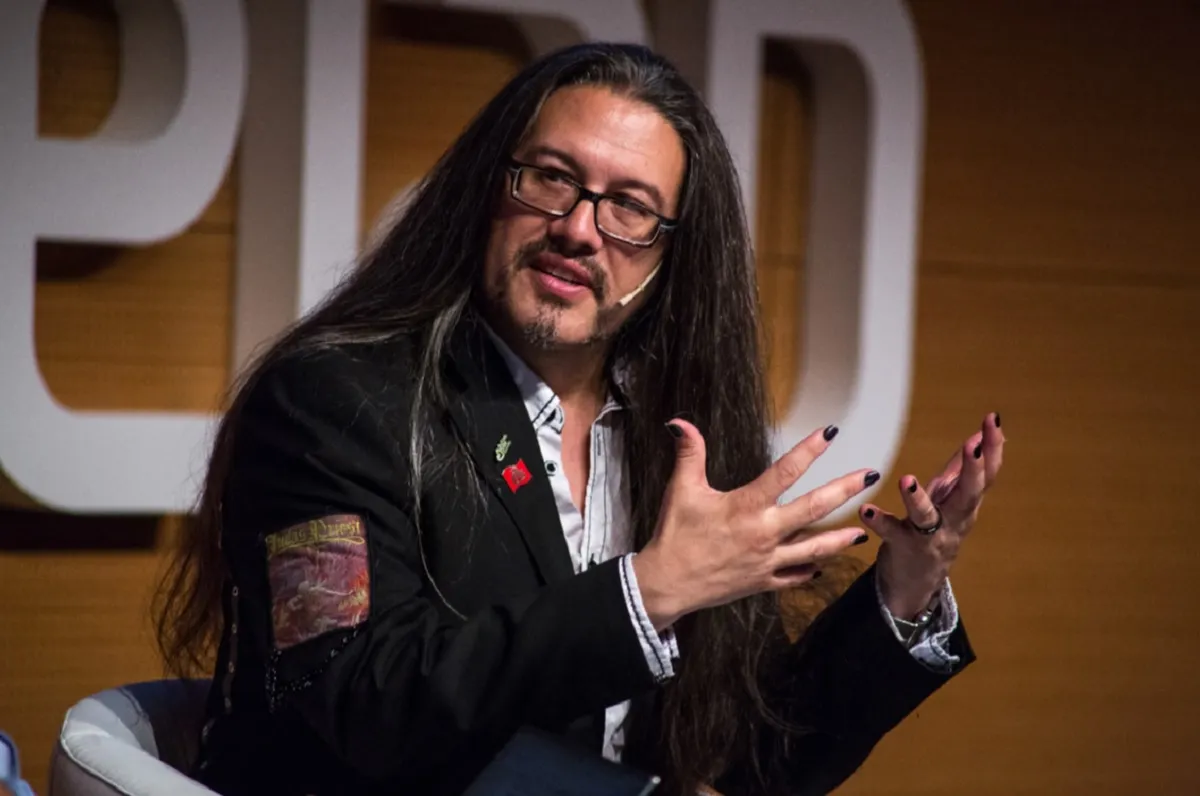In a recent correspondence addressed to Mark Zuckerberg, the CEO of Meta Platforms, Twitter’s lawyer, Alex Spiro, issued a warning of potential legal action against Meta’s newly introduced Threads platform.
With over 30 million registered users since its launch on Wednesday, Meta aims to rival Elon Musk’s Twitter by capitalizing on the vast user base of Instagram, which it owns.
As reported by the news website Semafor, Alex Spiro, the lawyer representing Twitter, alleged in his letter that Meta had engaged in the recruitment of former Twitter employees who possessed and still have access to sensitive trade secrets and highly confidential information belonging to Twitter.
On Thursday, a source familiar with the matter confirmed the contents of the letter to Reuters. However, Alex Spiro, Twitter’s lawyer, did not provide a comment in response to a request made by Reuters.
“Twitter intends to strictly enforce its intellectual property rights, and demands that Meta take immediate steps to stop using any Twitter trade secrets or other highly confidential information,” Spiro wrote in the letter.
In a Threads post, Meta’s spokesperson, Andy Stone, refuted the claim, stating, “None of the individuals on the Threads engineering team have any prior affiliation with Twitter. Such an assertion is simply unfounded.”
In response to a tweet referencing the news, Elon Musk, the owner of Twitter, expressed his view by stating, “Competition is acceptable, but cheating is not.”
It’s important to note that Meta, the parent company of Facebook, also owns Instagram.
Since Elon Musk’s acquisition of Twitter in October of last year, the platform has faced competition from other platforms such as Mastodon and Bluesky. Notably, the user interface of Threads bears resemblance to the microblogging nature of Twitter.
However, it should be noted that Threads currently lacks support for keyword searches and direct messages, distinguishing it from certain features offered by Twitter.
According to intellectual property law experts, including Mark Lemley, a professor of law at Stanford University, Twitter would require more substantial evidence than what is provided in the letter to substantiate a claim of trade secret theft against Meta.
Lemley noted that simply hiring former Twitter employees, particularly those who may have been laid off or voluntarily left by Twitter themselves, and the existence of a somewhat similar site created by Facebook, are unlikely to sufficiently support a claim of trade secrets violation.
Jeanne Fromer, a professor at New York University, added that companies making accusations of trade secret theft must demonstrate that they took reasonable measures to safeguard their proprietary information. Often, these cases revolve around breaches of secure systems or circumvention of protective measures.
Twitter’s recent troubles continue to mount as it faces yet another challenge. A string of tumultuous decisions has caused dissatisfaction among both users and advertisers, and Elon Musk’s recent action to impose limitations on the number of tweets users can read per day has added to the discontent.



